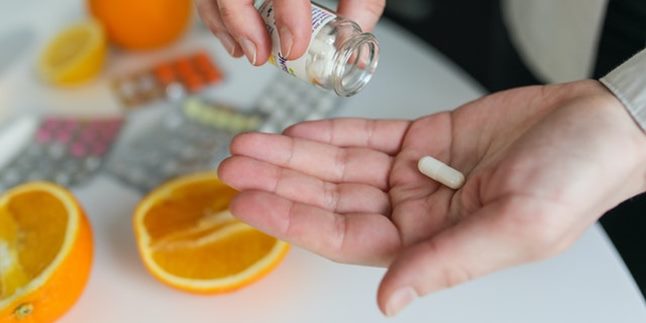Kapanlagi.com - For those who are married, the presence of a child is indeed a gift and a joyful thing. Therefore, for those who want to have a baby, you can do various ways, one of which is by consuming supplements. However, there are things to consider in the content contained in supplements for pregnancy programs.
Yes, there are many types of supplements with various types of vitamins in them. You need to know which supplements can help you in your pregnancy program. There are several contents that need to be considered for supplement recommendations for pregnancy programs. However, please note that you also need to consult a doctor.
Because doctors know more about which vitamin content can help you in carrying out a pregnancy program. And which supplements are best consumed during a pregnancy program. So that the program can be carried out well and also healthy.
What are the contents that are needed for supplement recommendations for the pregnancy program? Here are some contents that are mandatory for supplement recommendations for pregnancy programs that you need to pay attention to. Let's check it out, KLovers.
1. Vitamin B3
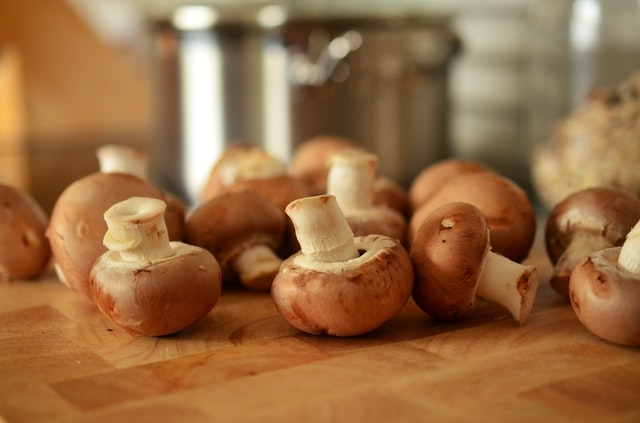
Illustration (credit: Pexels)
The necessary content for recommending supplements for the first pregnancy program is vitamin B3. This vitamin is very good to consume during pregnancy or while pregnant. The content of vitamin B3 serves to reduce the risk of miscarriage and birth defects.
This vitamin also has other benefits such as reducing stress levels and the risk of insomnia, as well as improving mood. Because mood can also affect your hormones, KLovers. You can choose supplements with B3 content or consume natural foods such as tuna, mushrooms, nuts, avocados, chicken breast, and many more.
2. Vitamin B6

Illustration (credit: Pexels)
The necessary content for recommending supplements for the next pregnancy program is vitamin B6. Yes, vitamin B6 can increase your fertility and your partner's because of the homocysteine levels in the body. Based on research in the Nutrition Journal, homocysteine is an amino acid found in the bloodstream.
If the levels increase, homocysteine can cause heart disease and stroke. Meanwhile, high levels of homocysteine in the follicle can also affect fertility. It is no wonder that vitamin B6 is one of the fertility vitamins for pregnancy programs, especially for women.
You can consume supplements that contain vitamin B6, or consume natural foods such as fish, beef liver, potatoes, bananas, green vegetables, nuts, and many more.
3. Vitamin B9
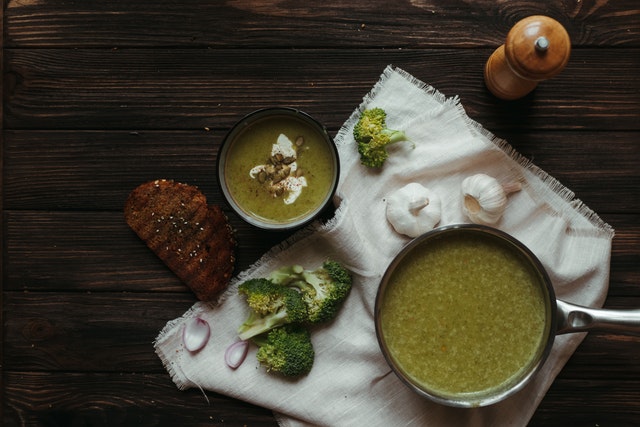
Illustration (credit: Pexels)
Continuing with vitamin B as one of the necessary contents for recommended supplements for pregnancy. This time there is vitamin B9, also known as folate. The difference between folate and folic acid is that folate is the pure form of B9.
Meanwhile, folic acid is the synthetic form of vitamin B9. Low intake of folic acid can actually make the luteal phase abnormal, KLovers. The luteal phase is the time range from ovulation to the beginning of menstruation.
When the luteal phase is shorter than 10 days, this is called a luteal phase defect. If this happens, the ovulation process will clearly be disrupted, causing the menstrual cycle to become irregular. Various types of vegetables contain vitamin B9 that are good for pregnancy, including green beans, dark green vegetables, asparagus, and broccoli.
4. Vitamin B12

Illustration (credit: Pexels)
And the content that is necessary for recommended supplements for pregnancy for the last vitamin B is vitamin B12. Yes, by consuming vitamin B12, the fertility of both wife and husband can be greatly affected. Vitamin B12 has a role in maintaining the metabolism of body cells, as well as the production of genetic components in eggs and sperm.
This is very good to consume for those who will undergo a pregnancy program for the wife or husband. You can choose supplements or choose healthy foods such as salmon, milk, fermented milk, eggs, and many more.
5. Vitamin D
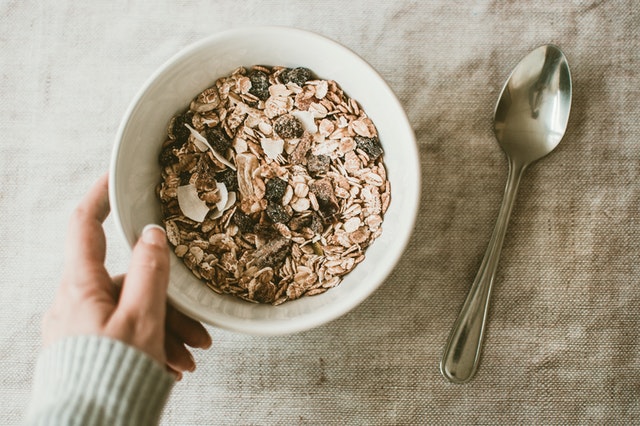
Illustration (credit: Pexels)
In addition to vitamin B, there are other vitamins that you can choose as a necessary ingredient for supplement recommendations for pregnancy. Yes, one of them is vitamin D. The main function of vitamin D is to maintain bone health and improve the immune system.
However, vitamin D is also one of the fertility vitamins for pregnancy or conception, KLovers. For women who lack this vitamin, they are more at risk of experiencing ovulation problems and increasing the risk of endometriosis.
Endometriosis is one of the causes of difficulty in getting pregnant for most women. In addition, vitamin D can also restore follicle development in women. Follicles are sacs in the ovaries that contain immature eggs.
When women get enough vitamin D, follicles will be easier to release more optimal and ready-to-fertilize eggs. In addition to consuming supplements with vitamin D content, you can also get it naturally, KLovers.
For example, you can regularly sunbathe in the morning sun. In addition, you can also consume healthy and natural foods such as milk, cod liver oil, salmon, tuna, beef liver, whole grain cereal, and many more.
6. Vitamin C
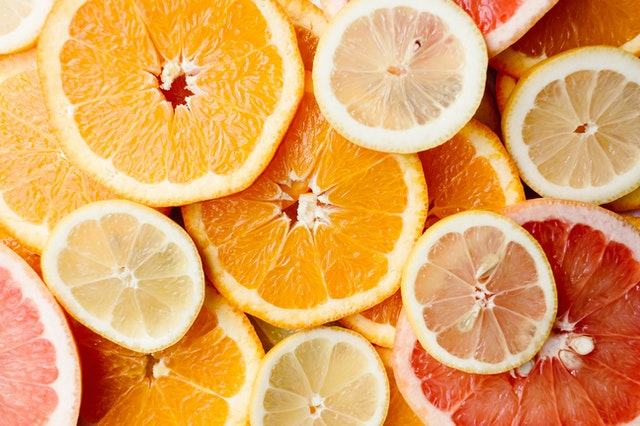
Illustration (credit: Pexels)
Another necessary ingredient for supplement recommendations for pregnancy is vitamin C, which is one of the fertility vitamins for pregnancy because it is rich in antioxidants. This content not only helps to fend off free radicals, but also increases fertility.
Meanwhile, in women, vitamin C can help stabilize hormone levels in the body. Then, vitamin C content can also strengthen blood vessel walls and fight infections that can interfere with ovulation. The better the quality of sperm in men and the ovulation process in women, the greater the chances of pregnancy.
There are so many foods that have high vitamin C content, such as fruits like oranges, mangoes, tomatoes, strawberries, then there are peas, potatoes, peppers, red chili, broccoli, and many more.
7. Vitamin E
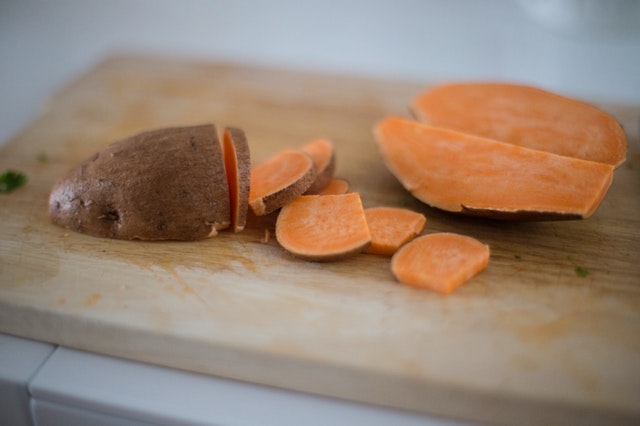
Illustration (credit: Pexels)
One of the important contents for recommending supplements for the next pregnancy program is vitamin E, which is also one of the vitamins and fertility supplements recommended when preparing for pregnancy. One of the benefits of vitamin E is to help thicken the thin uterine lining.
An ideal thickness of the uterine lining is indeed important for fertilization and pregnancy. In addition, you can also overcome polycystic ovary syndrome. Or a condition that can cause women to experience hormonal imbalances and slow down the metabolic process. So, consuming this vitamin is very good.
There are many natural and healthy foods that can be a healthy intake in addition to taking supplements such as avocados, sweet potatoes, green vegetables, grains, almonds, peanuts, spinach, beets, yellow squash, and many more.
8. Folic Acid
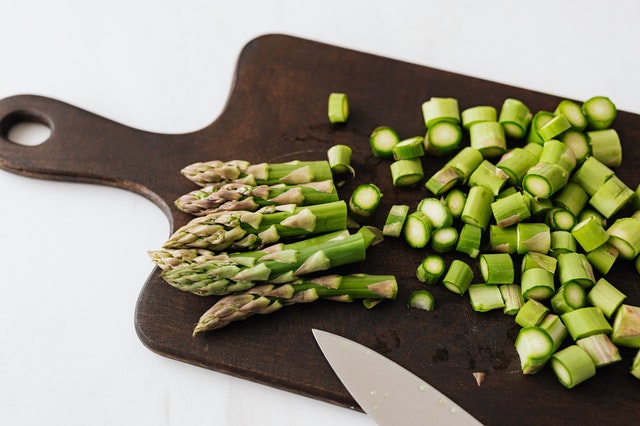
Illustration (credit: Pexels)
In addition to vitamins, you can also choose other healthy contents, one of which is folic acid. According to the American Pregnancy Association, women of childbearing age are recommended to consume 400 micrograms of folic acid supplements or vitamins every day for pregnancy programs.
Folic acid is a B-complex vitamin used by the body to make red blood cells. At least, folic acid is consumed starting one month before you and your partner try to conceive so that it can reduce the risk of complications by up to 72%.
However, in addition to folic acid supplements, you can also consume foods that are high in acid. Yes, there are many natural foods that contain a lot of folic acid, such as onions, potatoes, green vegetables, citrus fruits, asparagus, eggs, and many more.
9. Iron

Illustration (credit: Pexels)
One important nutrient for supplement recommendations for other pregnancy programs is iron. A study shows that women who do not get enough intake of iron can experience anovulation. This makes the quality of their egg cells worse than those who have sufficient iron reserves in their blood.
Lack of red blood cells can cause the eggs stored in the ovaries to weaken and become unable to survive. Furthermore, if fertilization occurs, anemia makes fetal cells unable to divide and grow properly. Therefore, it is important to consume iron for conception or during pregnancy.
You can consume good sources of iron. In addition, you can also consume healthy and natural foods that contain a lot of iron such as corn, avocado, apricot, orange, potato skin, spinach, and many more.
10. Calcium
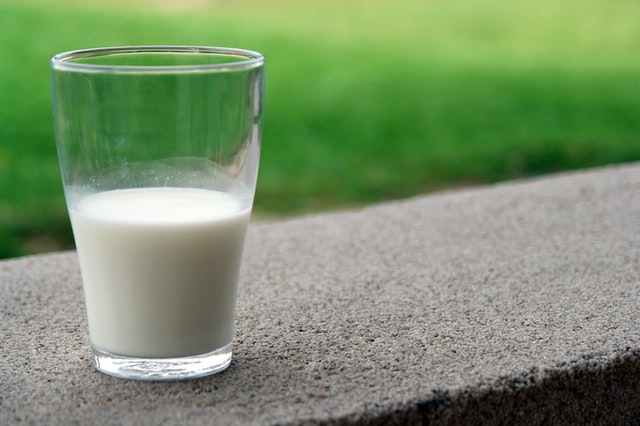
Illustration (credit: Pexels)
And the last important nutrient for supplement recommendations for pregnancy programs is calcium. Yes, calcium is not only important for growth and development, but also can be a good intake for those who will conceive.
In fact, nutritionists recommend women who want to get pregnant to meet calcium intake of around 1,000 mg per day or even more. Not only for bone and teeth growth, this fertility supplement is also needed for a healthy fetal liver, nerves, and muscles. Calcium cannot be produced by the body so its needs must be fulfilled from outside, namely from food and supplements.
Therefore, we do not lack calcium. There are many foods that you can use as daily healthy and natural intake, such as salmon, broccoli, tofu, sesame seeds, almonds, sardines, green vegetables, cheese, milk, and many more.
Those are some important nutrients for supplement recommendations for pregnancy programs that you can consume. However, it is advisable to consult a doctor first, which is good as a supplement for your body.
(kpl/gen/dhm)
Disclaimer: This translation from Bahasa Indonesia to English has been generated by Artificial Intelligence.
